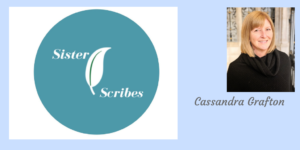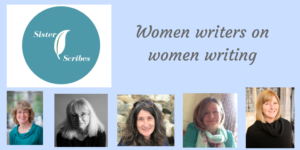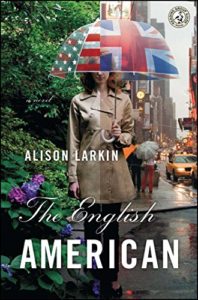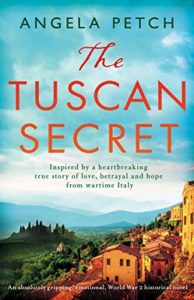Writers have various ways of defining the characters in their books. When one of your characters is, or was, a real person, however, surely it’s so much easier?
Well, that depends on whether you’re sensible and choose someone about whom there is a wealth of fact available, along with authenticated portraits or photographs. If you’re not sensible, and I’m sure you can tell where this is going, it’s not quite so easy.
I co-write with my friend, Ada Bright, and because we have to ensure we’re imagining our characters with the same face and figure, we usually turn to the great Oracle that is Google Images for their appearance. This works brilliantly, unless your character is Jane Austen.
There are a few portraits that claim to be of Jane, but only one showing her face is authenticated. It’s a small pencil and watercolour drawing by her sister, Cassandra, and said by one of Jane’s nieces to be ‘hideously unlike’, whilst others claimed ‘perhaps it gave some idea of the truth’. Faint praise indeed.
Needless to say, as the only authenticated image, it has been widely used, mainly in an increasingly prettified form over the years, most recently on the new ten-pound note.
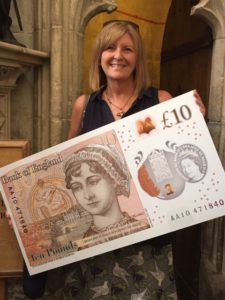 We were left, therefore, with written accounts of Jane Austen’s appearance. These vary in the eyes of the source, but there are some common similarities: she was tall and slender, her brunette hair was long but cut short around the face to form curls, as was the fashion at the time, and she had hazel eyes, full cheeks and a clear complexion.
We were left, therefore, with written accounts of Jane Austen’s appearance. These vary in the eyes of the source, but there are some common similarities: she was tall and slender, her brunette hair was long but cut short around the face to form curls, as was the fashion at the time, and she had hazel eyes, full cheeks and a clear complexion.
This helps our imagined physical manifestation of Jane. But what about her personality?
One of her brothers, Frank, then Admiral Francis Austen, wrote of her in 1852:
‘She was cheerful, not easily irritated, a little shy with strangers. Her natural reserve was sometimes misinterpreted as haughtiness. She was kind and funny, never failing to excite “the mirth and hilarity of the party”.’
Letters, therefore, became our best source. Jane and her beloved elder sister, Cassandra were incredibly close. Even as a child, their mother claimed that ‘if Cassandra were going to have her head cut off, Jane would insist on sharing her fate’.
Jane and Cassandra enjoyed a healthy correspondence when apart. Although we can ‘hear’ Jane’s voice through the characters of her novels, in her correspondence she is very much herself: open and honest, her wit to the fore, and clearly set upon entertaining her sister even as she wrote about mundane things such as the weather, the neighbours and the price of bread, including:
‘Next week I shall begin operations on my hat, on which you know my principal hopes of happiness depend.’ (1798)
‘I do not want people to be very agreeable, as it saves me the trouble of liking them a great deal.’ (1798)
‘I will not say that your mulberry trees are dead but I am afraid they are not alive.’ (1811)
‘He has but one fault, which time will, I trust, entirely remove – it is that his morning coat is a great deal too light.’ (1796)
‘She looks remarkably well (legacies are very wholesome diet)…’ (1808)
Although Cassandra destroyed many of Jane’s letters shortly before her own death, we are grateful to her for passing so many on to family members. It is thanks to her that we were able to develop Jane’s character, and we hope we did her wit and zest for life justice in our books.
Sources: Jane Austen’s Letters (4th Edition – 2011), collected and edited by Deirdre le Faye; A Memoir of Jane Austen, by James Edward Austen-Leigh (1870)

